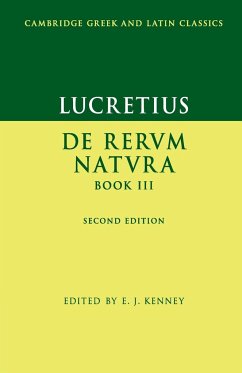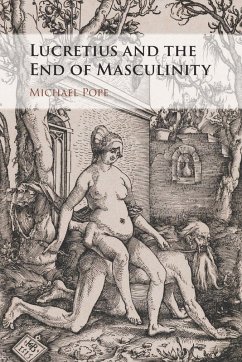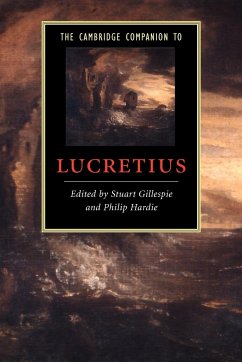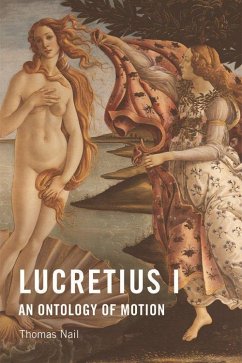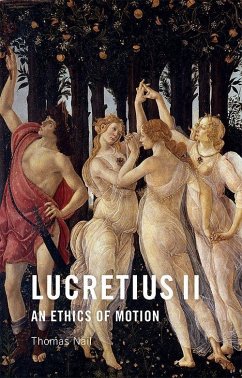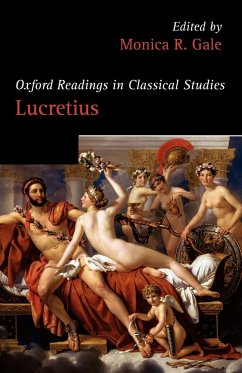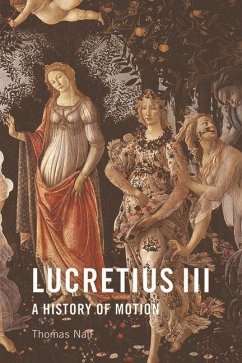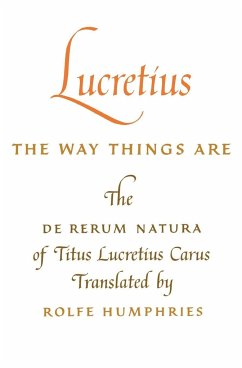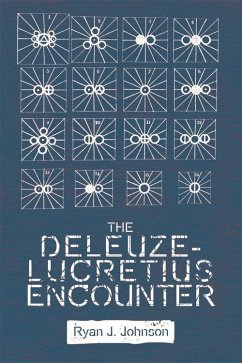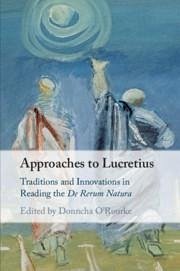
Approaches to Lucretius
Versandkostenfrei!
Versandfertig in über 4 Wochen
41,99 €
inkl. MwSt.

PAYBACK Punkte
21 °P sammeln!
Re-examines a range of critical approaches to which this influential poem has given rise and which in turn have shaped its interpretation, including textual criticism, the text's strategies for engaging the reader with its author and his message, 'atomology', intertextuality, and the political and ideological questions that the poem raises.





